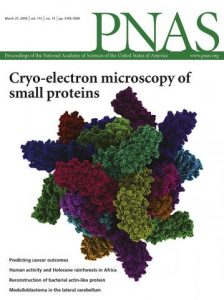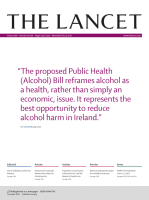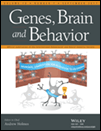 Title: Naringin Alleviates Diabetic Kidney Disease through Inhibiting Oxidative Stress and Inflammatory Reaction
Title: Naringin Alleviates Diabetic Kidney Disease through Inhibiting Oxidative Stress and Inflammatory Reaction
What Caught Our Attention: PLOS ONE had a few reasons for retracting a 2015 paper about a treatment for kidney disease due to diabetes: For one, despite what the paper claims, the authors did not obtain ethical approval to conduct the reported animal experiments. In addition, the corresponding author had no idea the paper had been submitted and published. How could a corresponding author be kept in the dark? It turns out, the journal was given an incorrect email address for him, so he didn’t receive any communications around the paper. (One author apparently used a third party editing company.) Continue reading Caught Our Notice: Forged email for corresponding author dooms diabetes paper

 For a host of reasons, a journal has retracted a paper co-authored by a researcher who reportedly once faced charges of practicing medicine without proper qualifications.
For a host of reasons, a journal has retracted a paper co-authored by a researcher who reportedly once faced charges of practicing medicine without proper qualifications. 

 An emergency medicine journal has retracted a letter to the editor, saying it didn’t include the author’s relevant commercial interest—which the author says he tried to disclose when he submitted the paper.
An emergency medicine journal has retracted a letter to the editor, saying it didn’t include the author’s relevant commercial interest—which the author says he tried to disclose when he submitted the paper. 

 Earlier this year, a raging controversy regarding a new drug spilled into the pages of a leading medical journal: the head of the U.S. Food and Drug Administration and another official publicly
Earlier this year, a raging controversy regarding a new drug spilled into the pages of a leading medical journal: the head of the U.S. Food and Drug Administration and another official publicly 